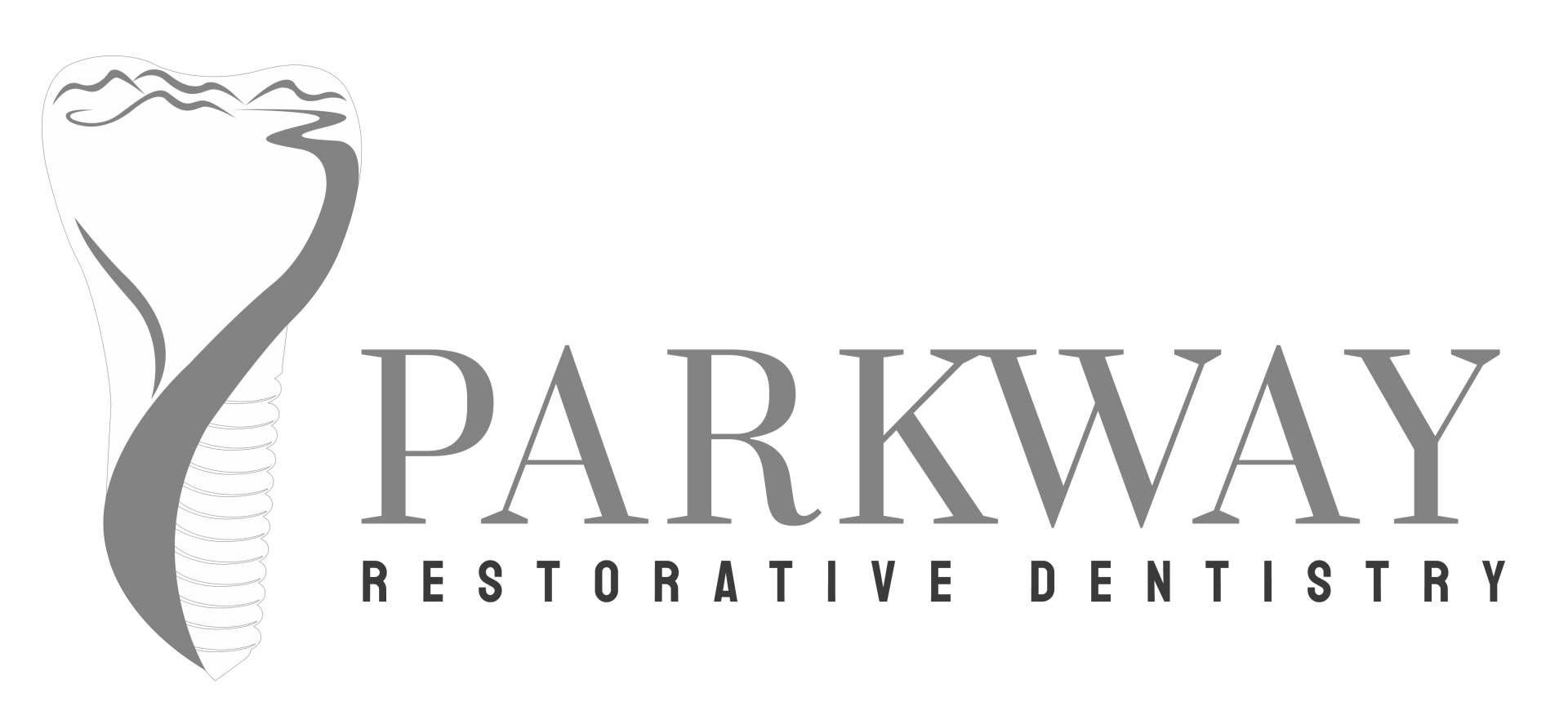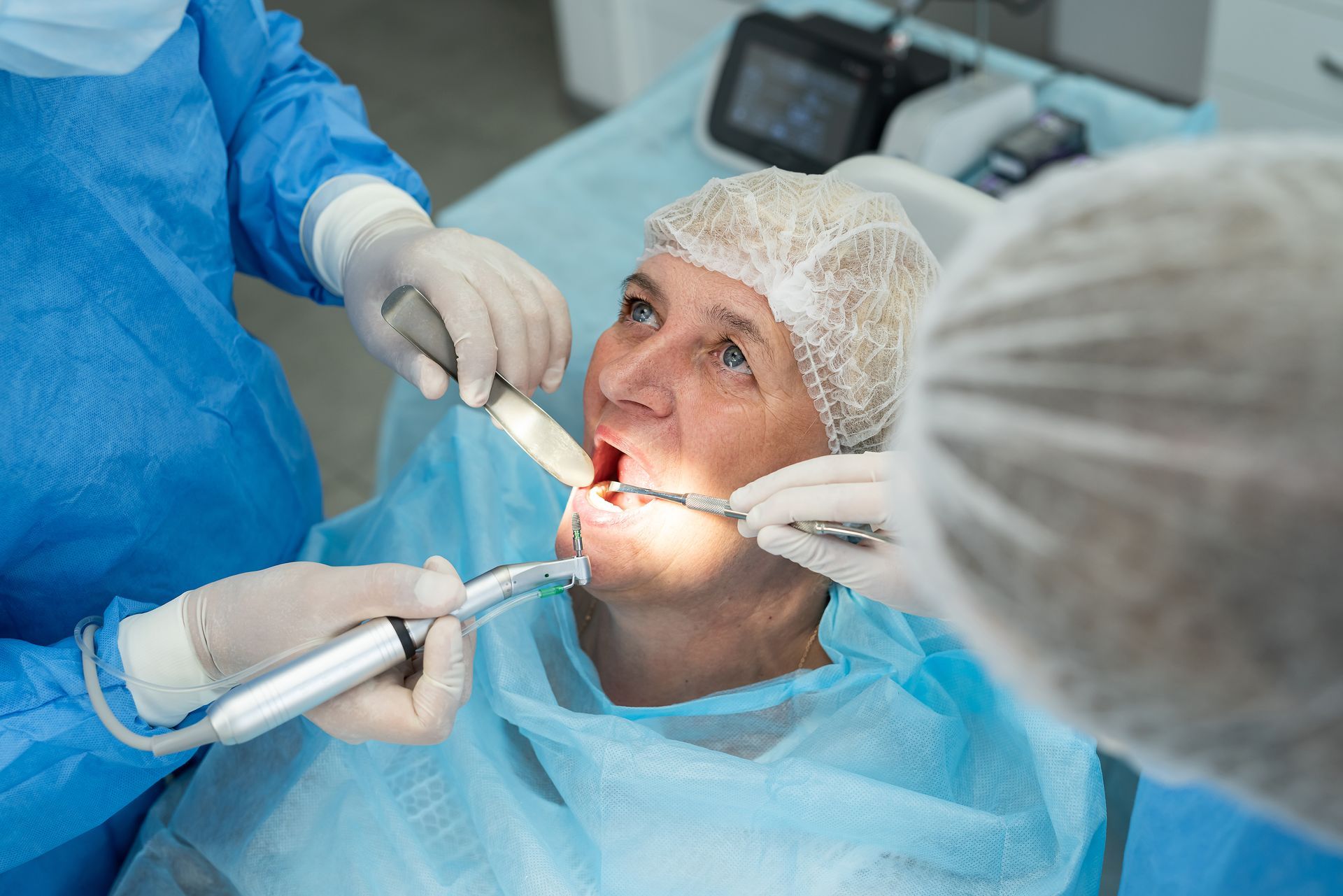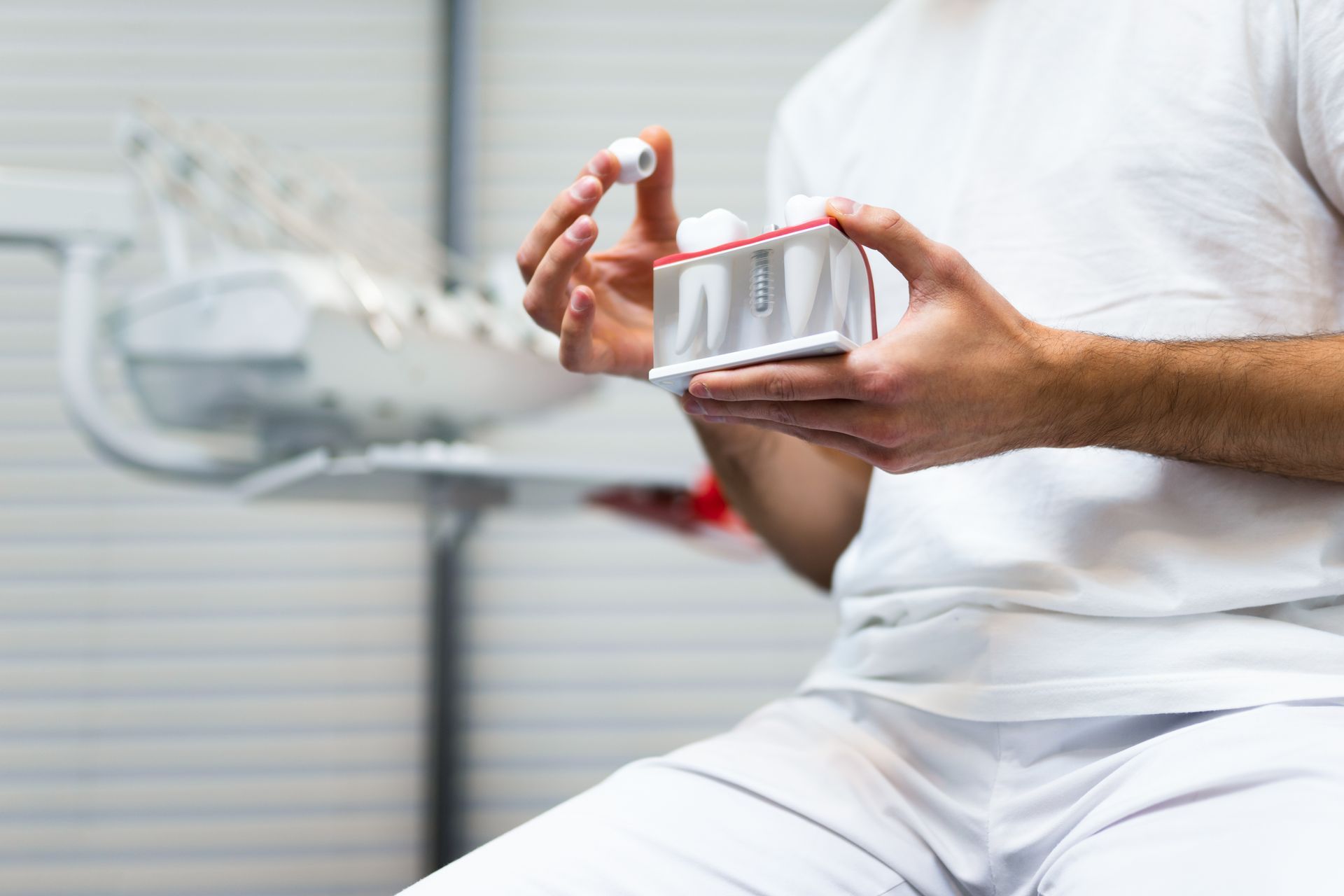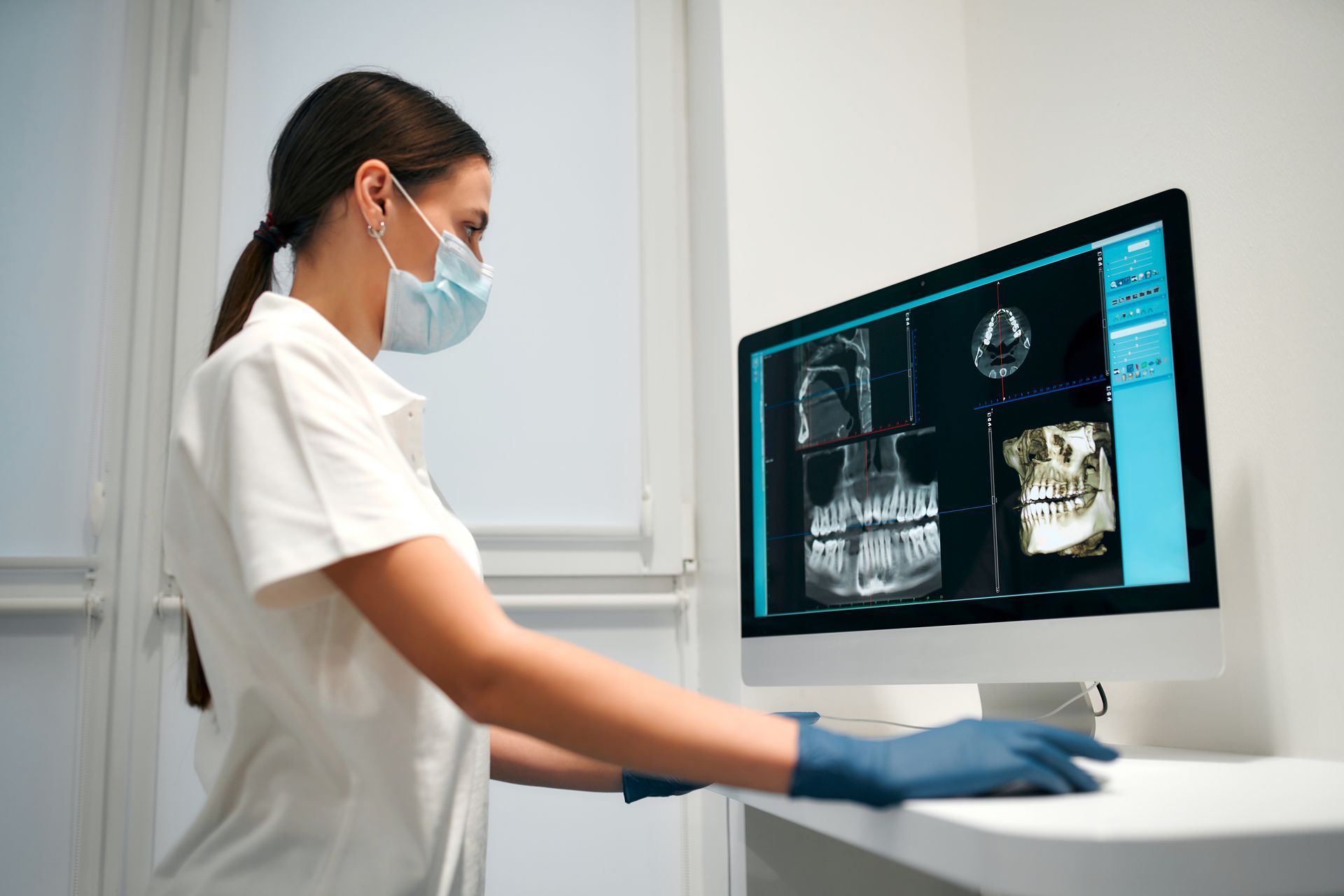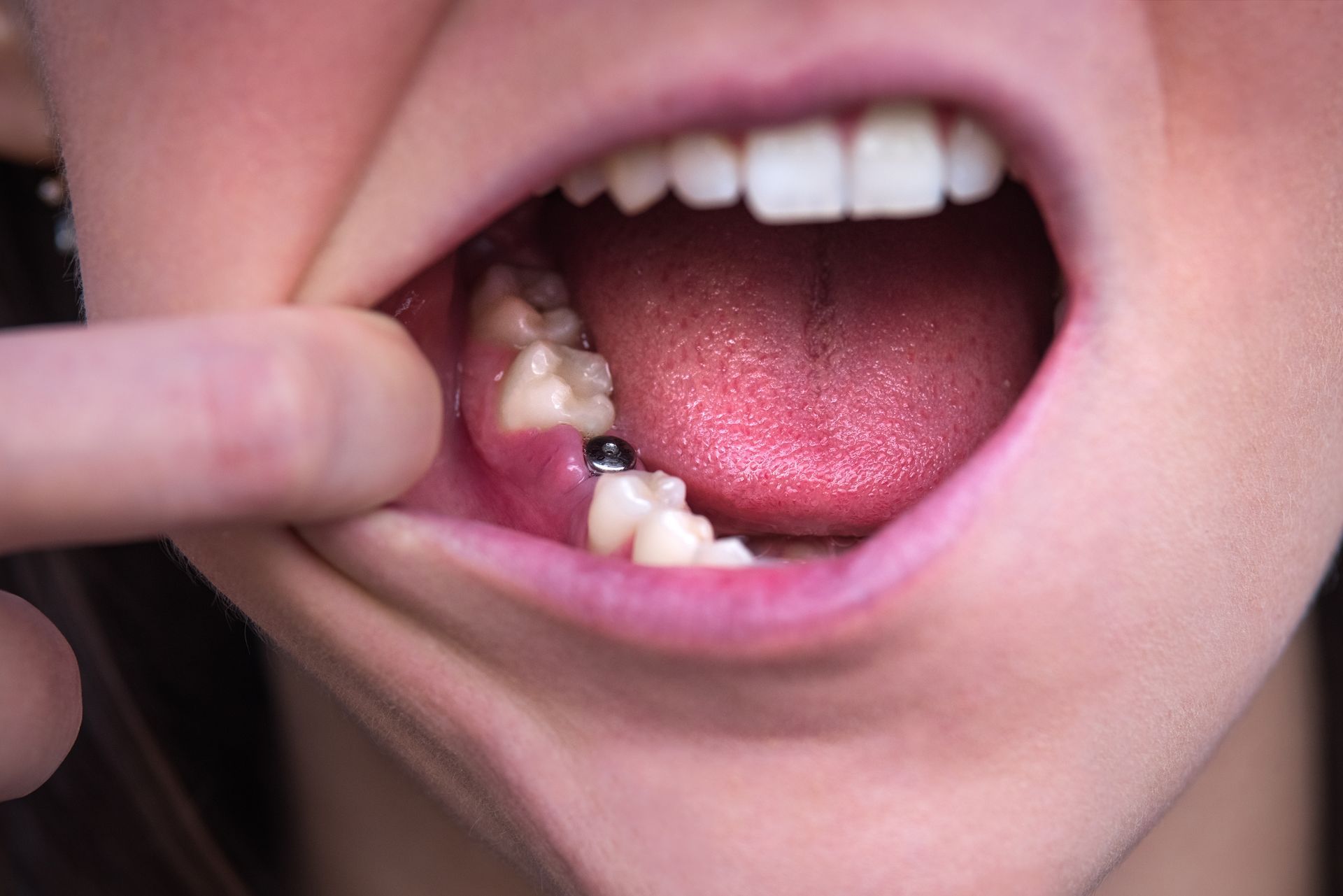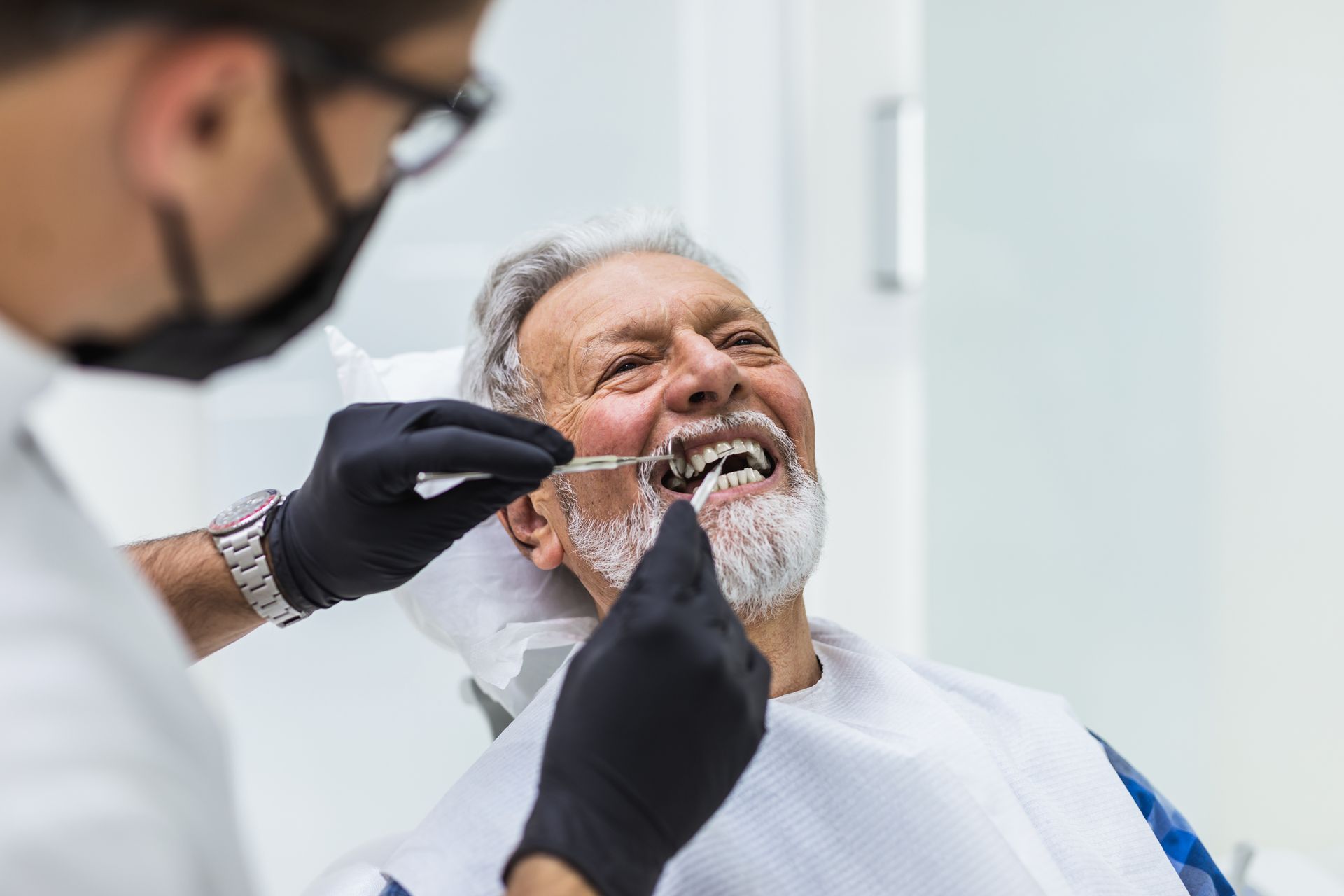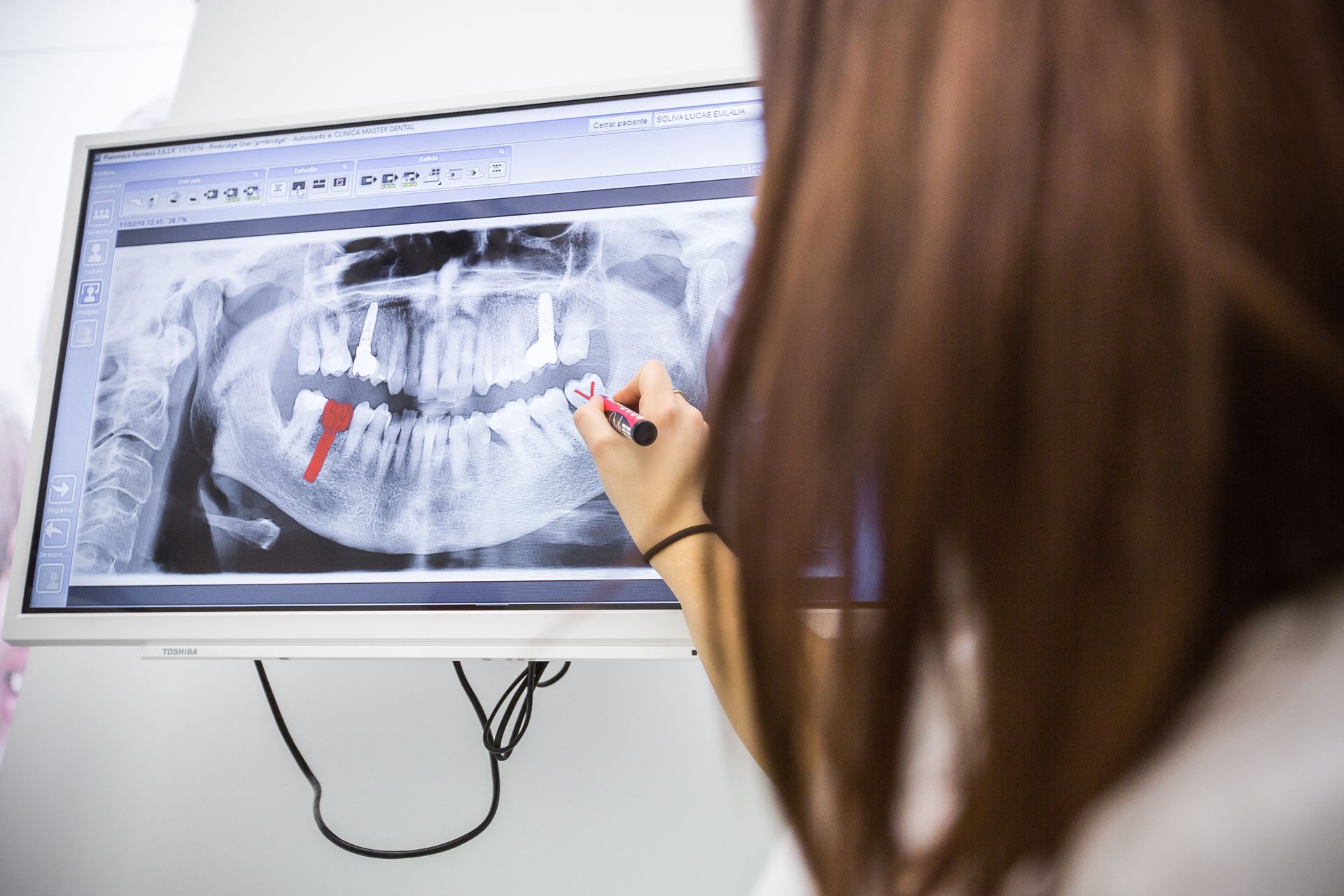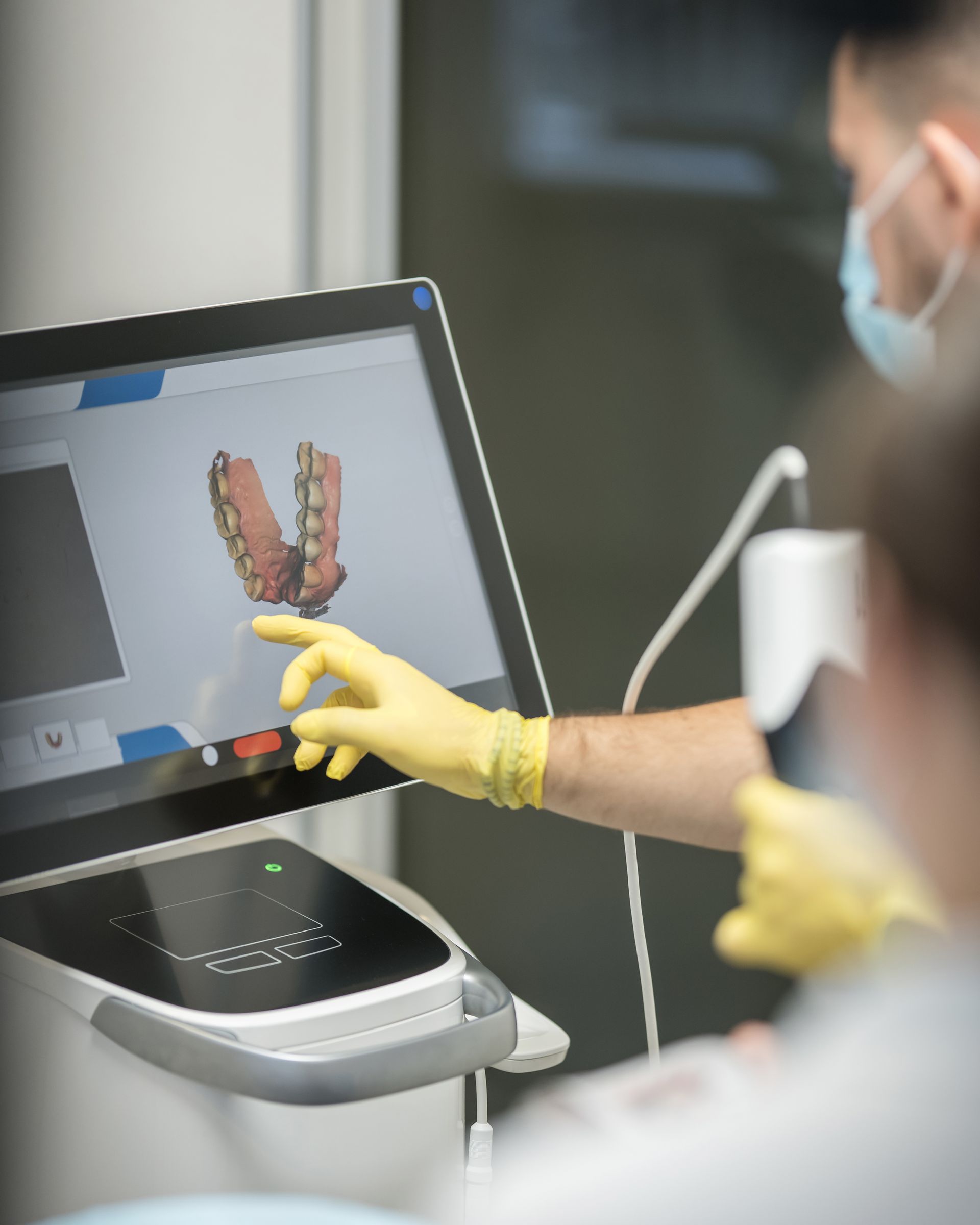Dental Implants in Asheville, NC – Your Complete Guide
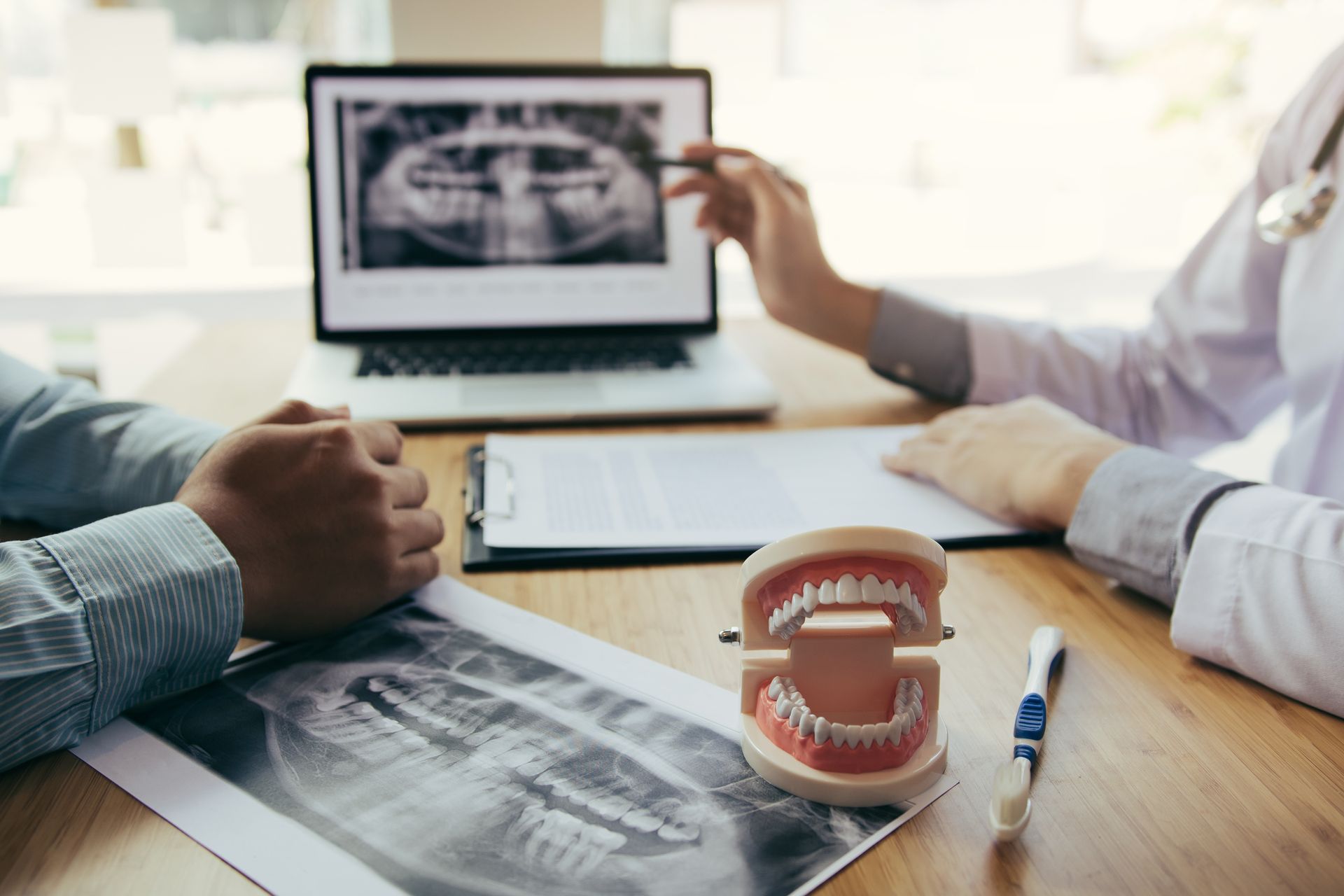
Are you dealing with tooth loss and seeking a replacement that feels authentic, maintains aesthetic appeal, and offers lasting durability? Dental implants provide an outstanding solution for smile reconstruction. The team at Parkway Restorative Dentistry in Asheville helps patients restore their self-assurance through advanced implant procedures.
This complete guide will walk you through what implants are, how they work, what they cost, and what you can expect during the process.
An Introduction to Dental Implants
Dental implants consist of miniature titanium posts placed directly into the jaw structure. They serve as artificial tooth roots. Following successful integration, these implants can anchor various restorations including crowns, bridges, or dentures.
What sets implants apart from alternative tooth replacement methods is their ability to integrate directly with jawbone tissue through osseointegration, providing exceptional stability and durability. This biological bonding establishes a lasting base that can reliably hold artificial teeth for many years.
The Three Parts of a Dental Implant
Understanding the components helps explain why implants are so effective:
The Implant Post: Fabricated from biocompatible titanium material, this threaded cylinder is surgically positioned in the jawbone to replicate a natural tooth root.
The Abutment: This connector piece attaches to the implant post once healing is complete. It holds your crown, bridge, or denture securely in place.
The Crown/Restoration:
The aesthetic component that replicates natural tooth behavior and appearance, precisely designed to complement your existing dentition.
Why Choose Dental Implants?
There are many benefits to implants compared to bridges or dentures:
They look and feel natural. Most people cannot tell the difference between an implant and a natural tooth. Each crown is custom-designed to blend seamlessly with your existing teeth in color, shape, and proportions.
They are long-lasting. With appropriate care, implants can provide lifelong service. While the crown may need replacement after 10-15 years due to normal wear, the implant itself typically never needs replacement.
They protect your jawbone. Following tooth loss, the underlying bone tissue starts to deteriorate. Implants halt this bone deterioration by delivering the necessary stimulation to maintain jawbone health and density.
They make eating easier. No slipping or moving like dentures. You'll be able to enjoy your preferred foods, whether it's fresh fruit or hearty proteins, with complete confidence.
They boost confidence. Smiling, speaking, and laughing all feel natural again. You'll never have to worry about your teeth shifting or falling out at an embarrassing moment.
They preserve your other teeth. Unlike
bridges, which require grinding down healthy adjacent teeth, implants stand alone and don't affect your remaining natural teeth.
Who Is a Candidate for Dental Implants?
Most healthy adults are candidates for implants. You may be a good fit if you:
- Are missing one or more teeth
- Have healthy gums free from periodontal disease
- Have enough jawbone to support an implant
- Do not smoke, or are willing to quit during the healing process
- Are looking for a long-term solution rather than a quick fix
- Have realistic expectations about the treatment timeline
- Are committed to maintaining excellent oral hygiene
Factors That May Affect Your Candidacy
While most people can receive implants, certain conditions may require additional planning:
Medical Conditions: Uncontrolled diabetes, autoimmune disorders, or certain medications may affect healing. Dr. Krasne will review your medical history to ensure implants are safe for you.
Bone Density: If you've had missing teeth for an extended duration, bone density reduction may be present. However, options like bone grafts or sinus lifts can help make implants possible.
Lifestyle Factors: Heavy smoking significantly increases the risk of implant failure. We strongly recommend quitting smoking before and after implant surgery.
Age Considerations: While there's no upper age limit for implants, younger patients need to wait until jaw growth is complete, typically around age 18.
Types of Dental Implants We Offer
At Parkway Restorative Dentistry, we provide several implant solutions to meet different needs:
Single Tooth Implant
Restores a single missing tooth using an implant and crown combination. This is ideal when you have healthy teeth on both sides of the gap and want to preserve them.
Implant-Supported Bridge
Uses implants to replace several missing teeth in a row. Instead of relying on adjacent teeth like traditional bridges, this option uses implants for support, providing superior stability and preserving your healthy teeth.
Implant-Supported Dentures
Dentures secured with implants. More comfortable and stable than traditional dentures, these allow you to eat, speak, and smile with confidence. Options include removable and fixed versions.
Full Mouth Implants
A comprehensive solution for individuals who have lost the majority or entirety of their teeth. Common approaches involve All-on-4 and All-on-6 methods, utilizing precisely positioned implants to anchor an entire set of teeth.
What to Expect During the Implant Process
The process usually happens in stages over several months:
1. Consultation and Planning
- Comprehensive oral examination
- X-rays or 3D scans to evaluate bone structure
- Review of medical and dental history
- Discussion of treatment options and timeline
- Detailed cost estimate and financing options
2. Pre-Treatment (If Needed)
Some patients may need preparatory procedures:
- Tooth extractions
- Bone grafting to increase bone volume
- Sinus lift procedures for upper jaw implants
- Treatment of gum disease
3. Implant Placement
The implant post is placed in the jawbone during a minor surgical procedure. This is typically done under local anesthesia, with sedation options available for anxious patients. The procedure usually takes 1-2 hours per implant.
4. Healing and Integration
The implant fuses with the bone over 3-6 months. During this time, you may wear a temporary restoration if the implant is in a visible area. This healing period is crucial for long-term success.
5. Abutment Placement
Once integration is complete, a small procedure attaches the abutment to the implant. Your gums will need 1-2 weeks to heal around the abutment.
6. Final Restoration
A crown, bridge, or denture is attached to the implant. We take precise impressions to ensure your new teeth fit perfectly and look natural.
7. Follow-up Care
Regular checkups ensure everything is healing well and functioning properly. We'll also provide detailed care instructions to help your implants last a lifetime.
Do Dental Implants Hurt?
This is one of the most common concerns. The procedure is done with anesthesia and, if needed, sedation. Most patients report only mild soreness afterward, similar to having a tooth extracted.
Pain Management Options:
- Local anesthesia numbs the area completely during surgery
- Sedation options help anxious patients feel relaxed and comfortable
- Post-operative medications manage any discomfort during healing
- Cold therapy reduces swelling and provides comfort
Most patients return to normal activities within 24-48 hours and find the discomfort much less than they expected.
How Much Do Dental Implants Cost in Asheville?
The cost depends on how many teeth are replaced, the type of implant, and if extra procedures are needed. On average:
- Single implant: $3,000 to $4,500
- Implant-supported bridge: $6,000 to $10,000
- Full mouth implants: $20,000 or more
Factors That Affect Cost:
- Number of implants needed
- Type of restoration (crown, bridge, or denture)
- Need for additional procedures (extractions, bone grafts)
- Materials used for the crown or restoration
- Complexity of your individual case
Making Implants Affordable:
Insurance may cover part of the treatment, and we offer financing options to make implants more affordable. Many patients find that implants are actually more cost-effective long-term than other options that require frequent replacement or adjustment.
We accept various insurance plans and offer flexible payment options, including:
- Monthly payment plans
- Third-party financing
- Treatment plan options that spread procedures over time
How to Care for Dental Implants
Caring for implants is much like caring for natural teeth, but with a few special considerations:
Daily Care:
- Brush twice daily with a soft-bristled toothbrush
- Floss daily around the implant using special implant floss or water flossers
- Use antimicrobial mouthwash to reduce bacteria around the implant
- Avoid hard foods that could damage the crown (ice, hard candy, nuts)
Professional Care:
- Visit your dentist for regular checkups and cleanings
- Professional cleanings remove plaque and tartar that can cause problems
- Periodic X-rays monitor the health of your implant and surrounding bone
Lifestyle Factors:
- Avoid smoking, which significantly increases the risk of implant failure
- Protect your implants with a nightguard if you grind your teeth
- Maintain overall health, as conditions like diabetes can affect implant success
With proper care, implants can last a lifetime.
Implants vs. Other Tooth Replacement Options
Understanding how implants compare to alternatives helps you make the best choice:
Implants vs. Dentures:
- Stability: Implants stay firmly in place; dentures can slip or move
- Eating: Implants allow normal chewing; dentures limit food choices
- Bone health: Implants preserve jawbone; dentures don't prevent bone loss
- Maintenance: Implants require normal oral hygiene; dentures need special care
Implants vs. Bridges:
- Tooth preservation: Implants don't affect adjacent teeth; bridges require grinding down healthy teeth
- Longevity: Implants can last a lifetime; bridges typically need replacement every 10-15 years
- Cleaning: Implants are easier to clean; bridges require special flossing techniques
Why Choose Parkway Restorative Dentistry in Asheville?
When choosing an implant dentist, experience and trust matter. At Parkway Restorative Dentistry, you can count on:
Dr. Alex Krasne's Expertise
Dr. Krasne combines years of experience in restorative dentistry with ongoing education in the latest implant techniques. His focus on precision and attention to detail ensures optimal results for every patient.
Advanced Technology
Our practice utilizes state-of-the-art technology including:
- Digital imaging and 3D planning for precise implant placement
- Computer-guided surgery for enhanced accuracy and comfort
- High-quality implant systems from trusted manufacturers
- Modern sedation options for patient comfort
Comprehensive Care
From initial consultation through final restoration and ongoing maintenance, we provide all aspects of implant treatment in our comfortable Asheville office.
Patient-Centered Approach
- A caring team that explains every step clearly
- Advanced technology for precise, comfortable treatment
- Sedation options to make the process stress-free
- Financing options that fit your budget
- A local Asheville practice with a reputation for quality care
Frequently Asked Questions
Q: How long does it take to get implants?
A: From start to finish, the process usually takes 4-6 months. This allows time for the implant to fuse with the jawbone, which is crucial for long-term success.
Q: Are implants safe?
A: Yes. Dental implants are one of the most researched and successful dental procedures, with success rates exceeding 95%.
Q: Do implants ever fail?
A: Implants are very successful, with success rates over 95 percent. With proper care and good oral hygiene, failure is rare. When failure does occur, it's usually due to infection, smoking, or underlying health conditions.
Q: Will I need to miss work?
A: Most patients return to work within a day or two after implant placement. However, this can vary depending on your job and the complexity of your procedure.
Q: Can I eat normally with implants?
A: Once fully healed, you can eat all your favorite foods without restriction. Implants provide bite force similar to natural teeth.
Q: What if I don't have enough bone?
A: Bone grafting procedures can often create sufficient bone volume for successful implant placement. We'll evaluate your specific situation and discuss options during your consultation.
Q: How do I know if my implant is healing properly?
A: We provide detailed post-operative instructions and schedule follow-up appointments to monitor your healing. Signs of proper healing include decreasing discomfort, normal-colored gums, and no unusual swelling or discharge.
Ready to Restore Your Smile?
If you are ready to restore your smile with dental implants, schedule a consultation with Parkway Restorative Dentistry in Asheville today. Our team will create a personalized plan that fits your needs, budget, and lifestyle.
Don't let missing teeth hold you back from living your best life. With dental implants, you can enjoy the confidence that comes with a complete, beautiful smile.
Contact us today to schedule your consultation:
- Call our office to speak with our friendly team
- Visit our website at www.parkwayrestorativedentistry.com
- Ask about our financing options and insurance coverage
Your new smile is waiting – let's make it a reality together.
Disclaimer: This page is for informational purposes only and should not be taken as dental or medical advice. Every patient's situation is different. For personalized recommendations, please consult a licensed dental professional.
